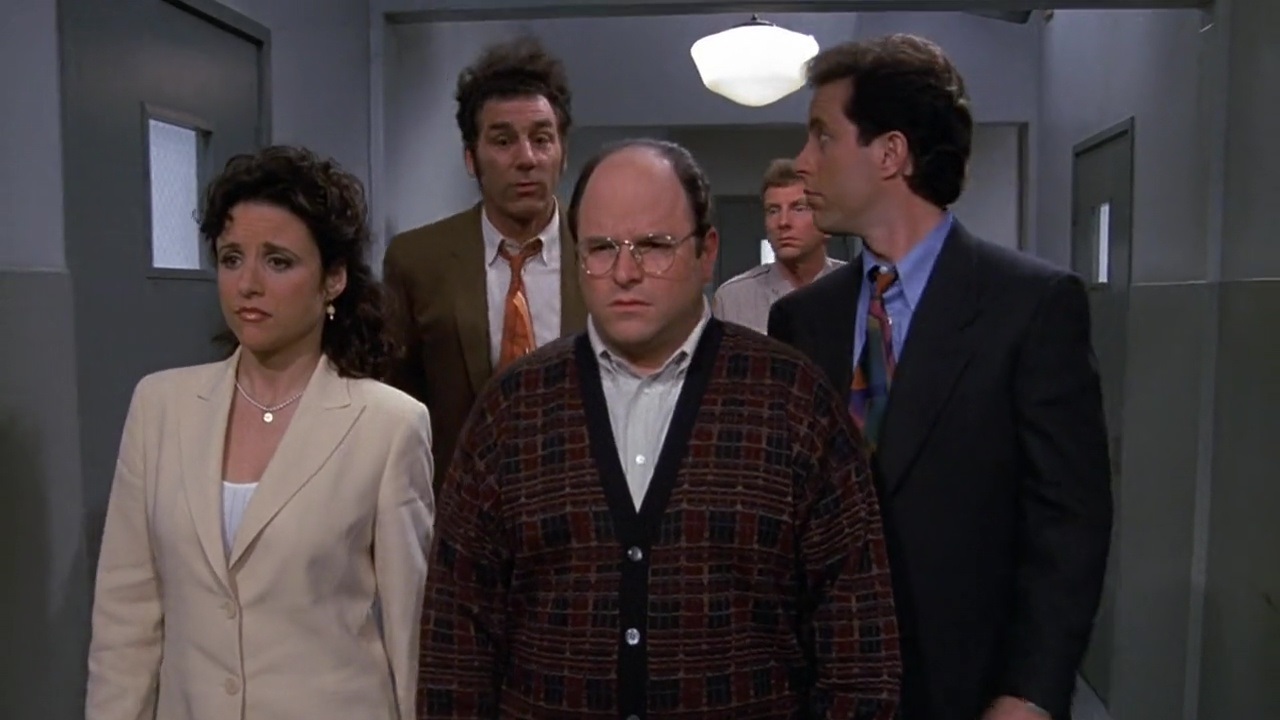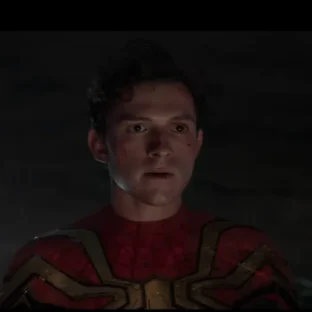For Millennials. By Millennials.
The finale of Seinfeld was quite controversial, to say the least. Many viewers were simply not impressed by the way the show ended after 9 long years. But, despite the disappointing end, the show had an incredible run. For 9 seasons, the audience laughed and laughed at a truly iconic sitcom. And considering the design of the show, if they wanted they could keep at it for a number of seasons. But, that’s not what they did and they ended the show in season 9. Now, Jason Alexander explains why the show ended then.
Seinfeld was the brainchild of Jerry Seinfeld and Larry David, two of the most famous comedians to work in Hollywood. And they got the idea of the show as they made fun of people while having dinner. NBC eventually picked up the show, and despite struggling for the first couple of seasons, the show took off and truly conquered the sitcom genre. It did not win a single Emmy in the 9 years it aired, but it is still ranked as one of the best sitcoms to ever air on television. Even in season 9, Seinfeld was set to become more and more popular. However, Jerry Seinfeld turned down a $110 million offer from NBC to extend the show’s run by another season.
Jason Alexander said character familiarity was a problem for Seinfeld

Now, while appearing on the At Home with The Creative Collection podcast, Jason Alexander has finally revealed the reason why Seinfeld ended after season 9. Alexander played the iconic role of George Costanza, which was based on the real-life persona of Larry David. He again maintained the previously popular idea that Seinfeld ended on a mutual agreement by all the major cast members.
We took ourselves off the air. We called it quits. The reason I think we did it — Jerry [Seinfeld] may have had other reasons like burnout and wanting to have a life — but the reason we discussed at the time was we all thought that the show could continue to be funny because the writers were always really good and they would find these amazing guest people to come in all the time. So there was a constant flow of a new sense of humor. And we thought funny is not the obstacle here.
Jason Alexander further said that the audience was so familiar with the Seinfeld characters that it was difficult for them to evolve and have character arcs. He said:
The obstacle was that after nine seasons, the audience could more or less anticipate how any of these characters would react in any given situation. There was nothing new we could do to these characters and still have it be ‘Seinfeld’… Since the show had career-wise done everything it was going to do for us and it had taken care of us financially extremely well, the mutual thought was why don’t we tuck it in before the audience says this kid’s been up too long.
Ending the show after season 9 was the right decision
Firstly, it just goes to show how good a job the writers did with the characters on Seinfeld. Everyone knows how in any situation, George, Kramer, Elaine, and Jerry would behave. It depicts the brilliance of Jason Alexander, Julia Louis-Dreyfus, Michael Richards, and Jerry Seinfeld himself. But, it also hints at the amazing writing of the show. However, by the end, that proved to be detrimental for the show. They couldn’t give the characters an arc because of the familiarity and lost the element of surprise. And that may have contributed to the poor series finale at the end of season 9 of Seinfeld.
So, even though fans would have loved to see another season of Seinfeld, it was perhaps for the best that there wasn’t one. And with Larry David leaving the show by the end, the quality did fall down below Seinfeld’s incredibly high standards. But after 22 years, we can still enjoy the show like when we watched it for the first time. That can never change.



